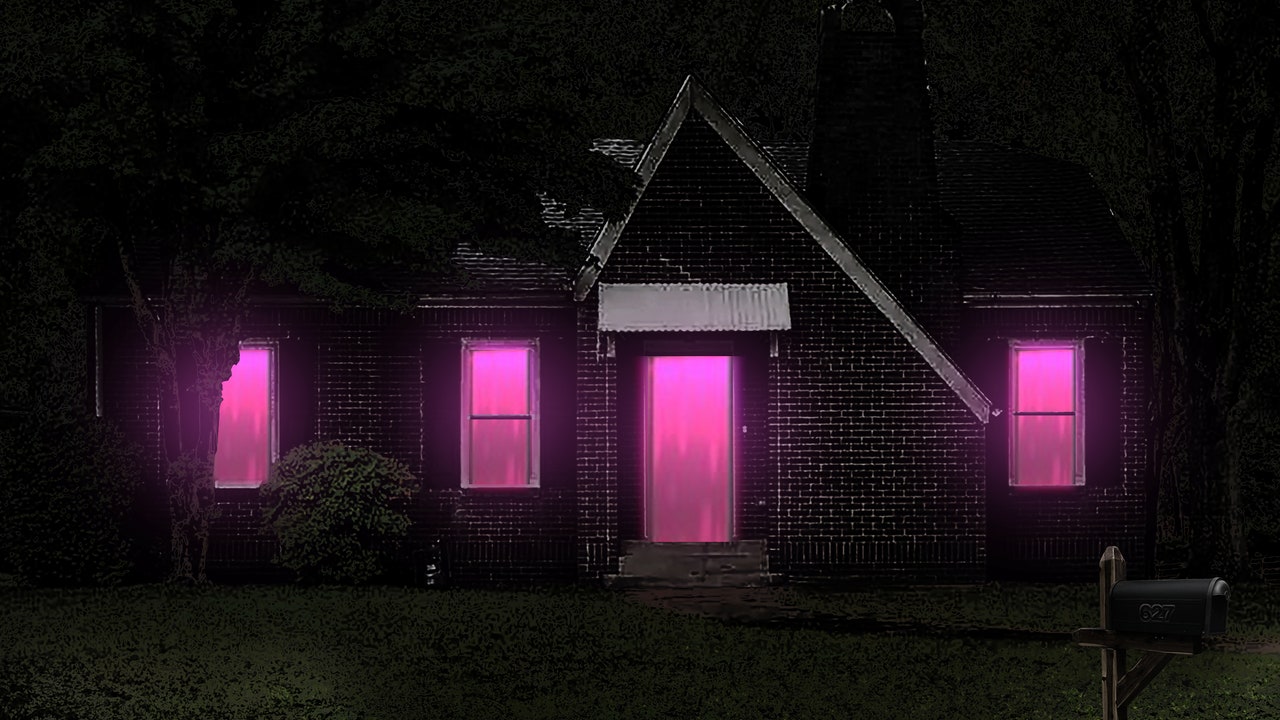For someone whose songs so often focus on the self, Future has always been acutely concerned with audience expectations. While tabloid readers took the tonal pivot from 2014’s poorly received Honest to that fall’s scorched-earth mixtape Monster as a reaction to his breakup with Ciara, Future rapped and spoke frequently in interviews about the rejection he felt after releasing happier, more tender songs. Villainy was the only business model for him, he told me in 2020. “What the fuck,” he lamented, “Y’all don’t want me to be in love?” (Or as he would put it on his victory lap the year after Honest: “Tried to make me a pop star and they made a monster.”) In the decade since that recalibration, he’s released songs that credibly communicate irrepressible joy and staggering pain. But in between those blips, he has often lapsed into autopilot, making indistinguishable songs that sound like demos an aspiring artist might submit to prove he can “rap like Future.”
The title of his latest record, Mixtape Pluto, suggests exactly this kind of iterative, reverse-engineered approach to music. That could not be more misleading. The new LP—urgent, kinetic, filled with heartbreaking asides and tiny bursts of melodic ingenuity—is Future’s best and strangest since 2017’s HNDRXX. Where that album played like a batch of songs that had been crafted for pop artists, then reclaimed by the auteur and muddied up, Mixtape Pluto seems to grind every cliche and caricature sketch of Future into pulp, then mold it into something odder, more alien, more jagged and delightfully misshapen.
It helps that this is the tightest and most engaged Future’s verses have been in some time. (We Still Don’t Trust You, the R&B-leaning half of his split double-LP with Metro Boomin earlier this year, has already become underrated, but is driven far more by Future’s vocal performance.) Since HNDRXX, many Future verses have sounded like the product of long, essentially aimless freestyles that have been spliced into 16-bar verses with varying degrees of care. By contrast, every passage on Mixtape Pluto is purposeful. The way the tension-release cycles play out in smaller and smaller concentric circles through the verses on “Ski” has fine-watch precision, as do the stretches on the opener “Teflon Don” that are meant to be purely percussive. When he slips into slow, languid flows, as he does on “Lil Demon” and “Plutoski,” the writing is laid bare—and is revealed, virtually without exception, as incisive and sometimes shockingly self-critical. Future’s made a career rapping about addiction, both from its throes and in its wake. And still, the plain address of an opioid relapse on “Lost my Dog” is difficult to listen to without wincing, as is his elegy for a friend: “Started to take advantage of these pills when he drill/I want to tell him, Stop,’ but it help him when he kill.”
